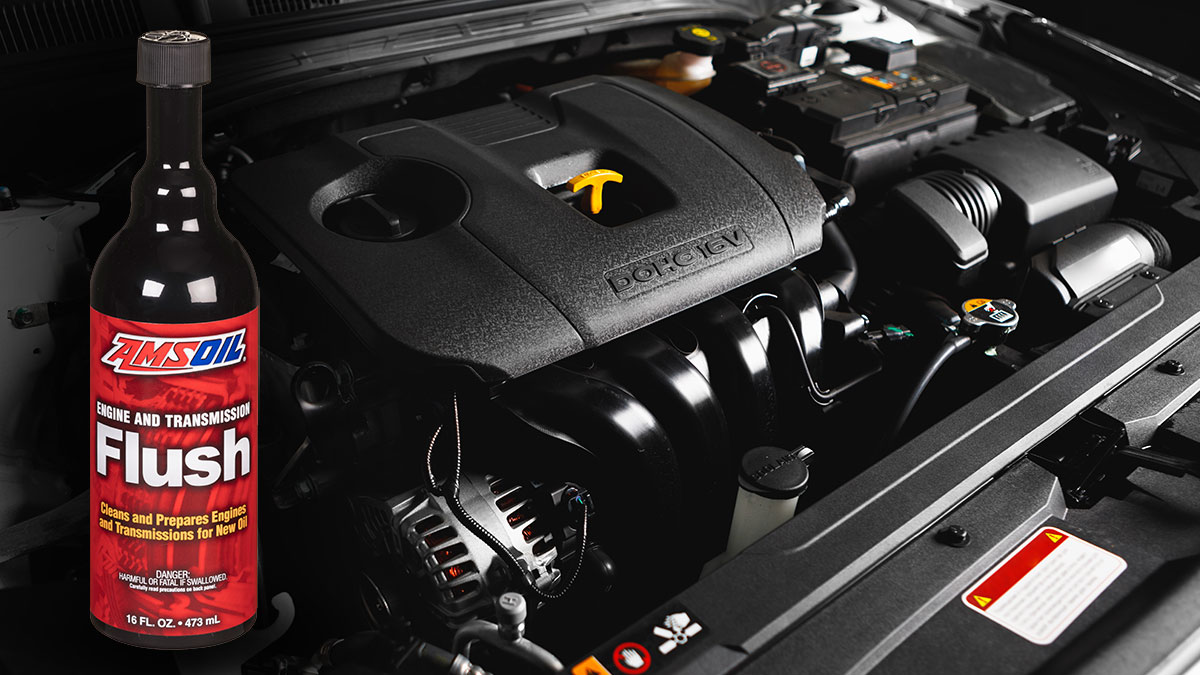Synthetic oil is superior for your transmission due to its lubricating properties and ability to withstand higher temperatures and pressure. Switching to synthetic fluid improves performance and can save fuel, but it is essential to stick with it once you make the switch to avoid potential issues.
However, it is important to note that the frequency of oil changes and using the correct viscosity is more crucial than the type of oil used. Synthetic oil is designed to provide superior lubrication and can handle extreme conditions, contributing to enhanced engine performance and longevity.
Mixing synthetic with regular transmission fluid or using incorrect viscosity can have adverse effects on your transmission.
Synthetic Oil Vs. Conventional Oil: Which Is Ideal For Your Transmission?
Synthetic oil and conventional oil have noticeable differences when it comes to transmission lubrication. Synthetic oil is known for its superior lubricating properties and ability to withstand high temperatures, making it ideal for transmissions. However, it is essential to understand both the pros and cons of using synthetic oil in your transmission.
On the positive side, synthetic oil offers better protection against wear and tear, reduced friction, and improved fuel efficiency. Additionally, it helps to prevent sludge buildup and extends the overall lifespan of your transmission. However, there is a common myth that synthetic oil can damage transmission components.
This belief is unfounded as synthetic oil is specifically formulated to meet the requirements of modern transmissions. Ultimately, the decision between synthetic oil and conventional oil for your transmission should consider factors such as the vehicle’s age, driving conditions, and the manufacturer’s recommendations.
The Benefits Of Synthetic Oil For Transmission Performance
Synthetic oil offers several benefits for transmission performance. Firstly, it provides improved lubrication, ensuring smoother operation and reduced friction between moving parts. This helps to extend the lifespan of the transmission and prevent unnecessary wear and tear. Additionally, synthetic oil exhibits enhanced heat resistance and thermal stability, allowing it to maintain optimal viscosity even under extreme temperatures.
This is crucial for preventing overheating and ensuring proper transmission function. Moreover, synthetic oil allows for extended oil change intervals, reducing maintenance costs and saving time. With its superior properties and performance, synthetic oil is a reliable option for maximizing the efficiency and longevity of your transmission.
Common Misconceptions About Synthetic Oil And Transmission
Common misconceptions about synthetic oil and transmission include the belief that synthetic oil causes leaks. However, this is not true. Synthetic oil is formulated to have superior sealing properties, which actually reduces the likelihood of leaks. Additionally, there is a concern that using synthetic oil might void warranties.
This is also a misconception as long as the synthetic oil meets the specifications outlined in the vehicle’s owner’s manual. Another misconception is that synthetic oil leads to transmission sludge buildup. In reality, synthetic oil has detergent properties that help prevent sludge formation and keep the transmission clean.
It is important to understand the benefits of synthetic oil for your transmission, such as improved lubrication and better performance in extreme temperatures. Overall, synthetic oil can be a great option for maintaining your transmission’s health and longevity.

Credit: blog.amsoil.com
Conclusion
Synthetic oil can indeed be better for your transmission. It offers superior lubrication, which helps reduce friction and wear on the transmission components. This can result in smoother shifting and improved overall performance. Additionally, synthetic oil is more resistant to breakdown under high temperatures, making it well-suited for vehicles that experience heavy towing or stop-and-go driving conditions.
It also has better cleansing properties, which helps prevent the buildup of sludge and deposits that can impair the transmission’s function. While synthetic oil may be more expensive than conventional oil, the benefits it provides can outweigh the cost. However, once you switch to synthetic oil, it is recommended to continue using it as switching back to conventional oil can cause compatibility issues.
Ultimately, using synthetic oil can help prolong the life of your transmission and ensure it operates at its best.
